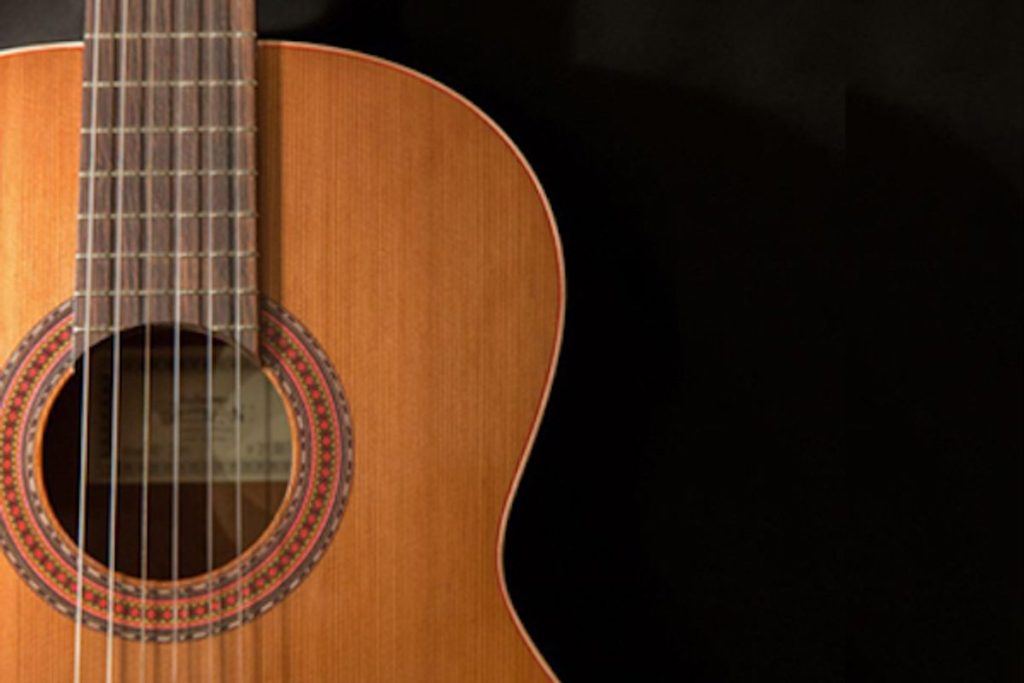WVRHC receives grant to create digital folk music collection
Posted by Monte Maxwell.December 21st, 2022

The West Virginia Humanities Council has awarded a nearly $20,000 grant to West Virginia University Libraries to create a digital collection of West Virginia folk music recorded by Louis Watson Chappell between 1937-1947. The project will last from May 2023 to May 2024.
The Chappell Collection at the West Virginia and Regional History Center is the most comprehensive state-wide collection of folk music field recordings in the United States. Between 1937 and 1947, WVU professor Louis Chappell visited every county in the state and made more than two thousand audio recordings of songs and instrumental tunes at a pivotal point near the beginning of the history of the field recording of folk music.
The collection is notable not only because of the high quality of the playing and singing, but also because of the presence of many American historical ballads, songs associated with the early lumber and coal mining years, and numerous songs dating back to 17th century England, Scotland, and Ireland. When taken together, these songs illuminate much of West Virginia’s history of migration, settlement, and the beginnings of its early industrialization.
Listen to Rhoda Browning Nelson performing House Carpenter, 1940.
Though the collection has been digitized for more than a decade, access has been limited to CDs used in-person in the archives or by purchasing digital recordings. This project will make the materials freely available online using the WVRHC’s digital collections platform in their entirety for the first time. The project will also include editing the digitized audio and creating detailed song level metadata based on “West Virginia Folk Music: A Descriptive Guide to Field Recordings in the West Virginia and Regional History Collection,” written by John Cuthbert, former director of the WVRHC.
“WVU is home to several folk music collections documenting musical traditions in the state,” Elizabeth James, project director and digital archivist at the WVRHC, said. “However, these collections are often on outdated formats that require digitization and have complex issues related to access and use to digital files. The Chappell Digital Collection project will make these materials more accessible for scholars, educators and the public, allowing anyone to connect to West Virginia’s musical heritage.”
Listen to Rhoda Browning Nelson performing One Morning in May, 1940.
Gloria Goodwin Raheja, Professor Emerita of Anthropology at the University of Minnesota, and Chris Haddox, Associate Professor of the West Virginia University School of Design and Community Development, are the humanities scholars associated with the project. Haddox, who is a folk music practitioner, notes the role of people in working with these materials,
“It is more than exciting to see the West Virginia Humanities Council support the work to shine a light on this important collection – so many people have worked on it over the years and I’m glad to be able to contribute my part in making it more accessible, especially to the people of West Virginia whose relatives and neighbors, though long gone, are featured in the collection,” Haddox said.
“The Louis Chappell Collection is of signal importance for at least three reasons,” Raheja said. “First, it is of enormous historical significance, as it documents very old American musical traditions dating back to the early nineteenth century and beyond, as well as centuries-old British, Irish, and Scottish songs and ballads. Second, it captures the enduring life of these traditions as West Virginia was undergoing tremendous changes as a result of the coming of industrialization to the region; we often hear the sound of coal train whistles in the background as Chappell made his recordings. And third, they have shaped and continue to shape the repertoires and performances of the few musicians in West Virginia and beyond who have so far been able to listen to and study them. When the recordings are publicly available I anticipate that they will take their place among the world’s greatest field recording collections, and I am thrilled to be able to participate in this project.”
The West Virginia Humanities Council grant program supports projects that provide an essential underpinning for scholarship, education, and public programming in the humanities in the state of West Virginia. The WVRHC holds archives documenting historical and present-day West Virginia and regional Appalachia.
Please contact James at elizabeth.james1@mail.wvu.edu for any questions related to the project.





